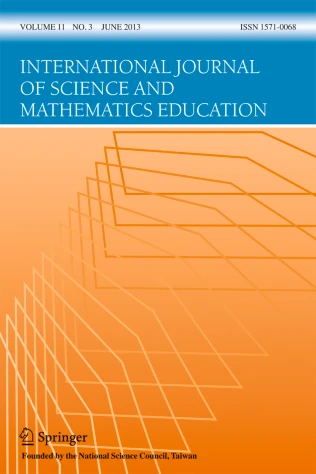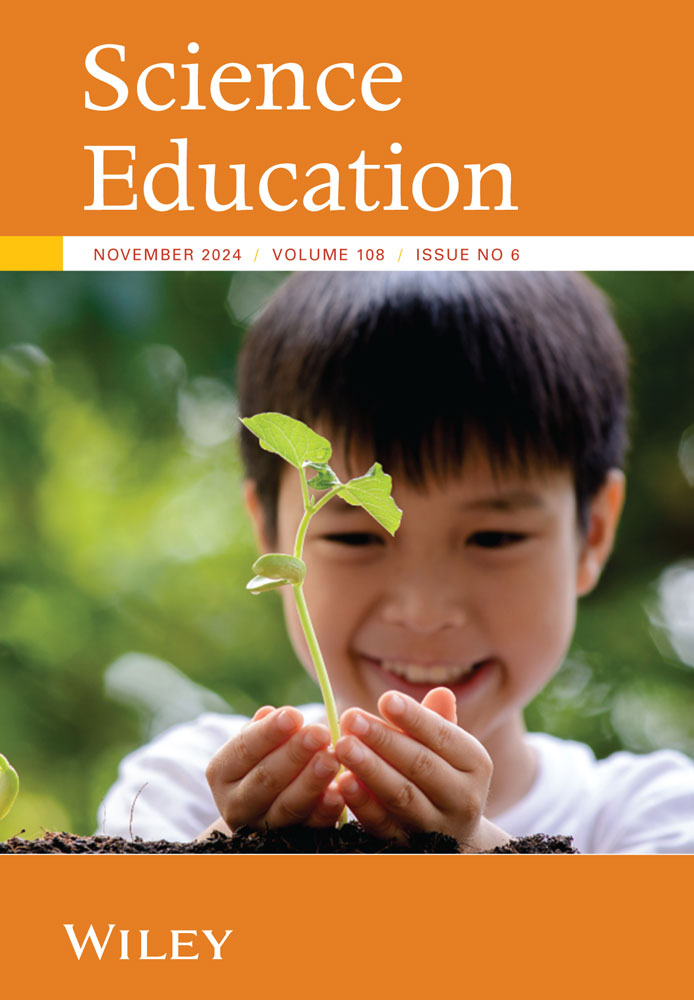-

Teachers & DataViz Discussions in IJSME
Leading classroom dataviz discussions can be tricky. This paper examines how a dataviz discussion guide can help teachers stay flexible, while meeting specific mathematical and scientific learning goals.
|
-

Aligning Ideas + Models in Cognition & Instruction
Computational tools hold promise for science education, but each tool models information in a different way. This paper explores ways to connect what students know to the language and structures of different modeling tools.
|
-

Sci Educ: When Models are “Right but Wrong”
Agent-based modeling can encourage students to think about scientific mechanisms. But to refine students’ understandings toward accurate explanations, comparing their models with data is just as important.
|
-

Exploring Local Impacts and Global Change w/ Data
A new paper describes one of the units developed as part of the Writing Data Stories project, focused on connecting the local and global effects of climate change through storytelling and data.
|